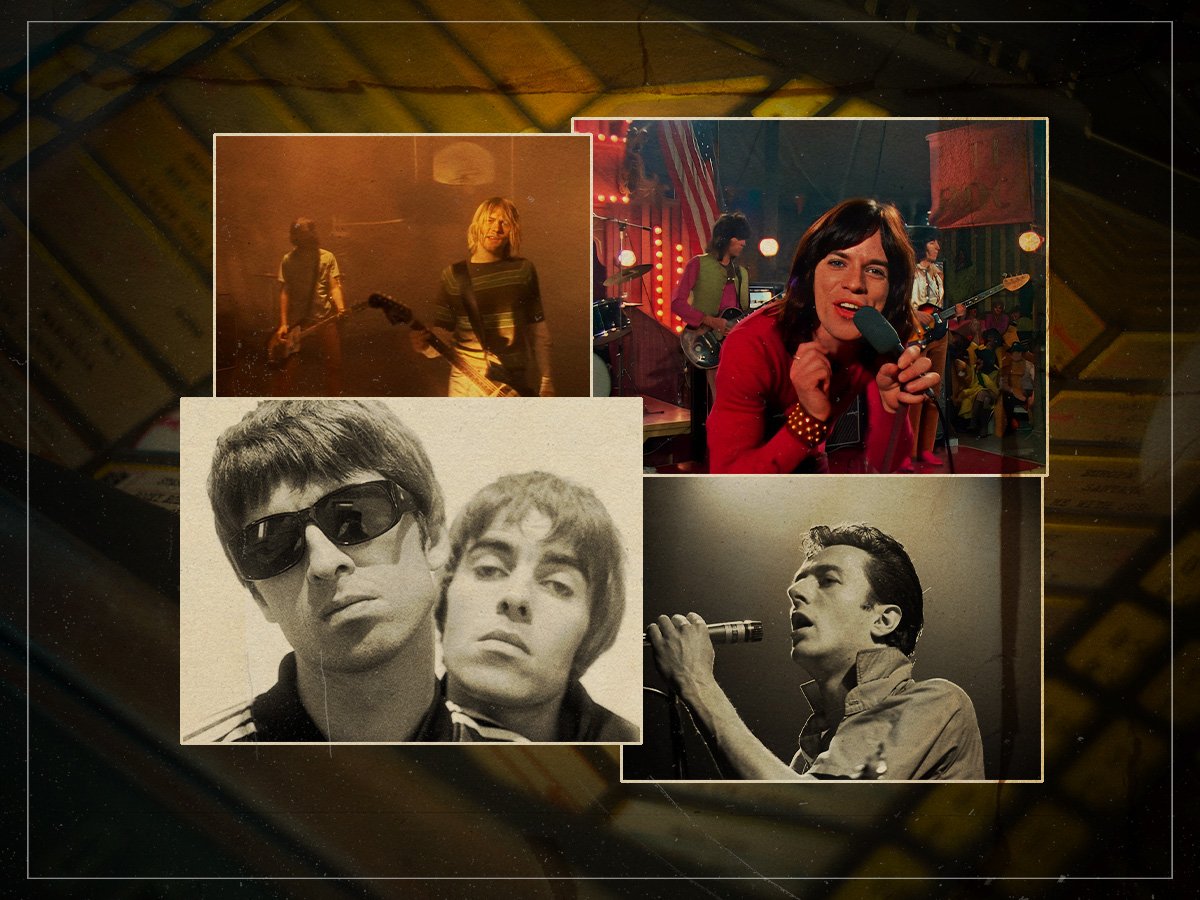‘Rock Show’ – Run-DMC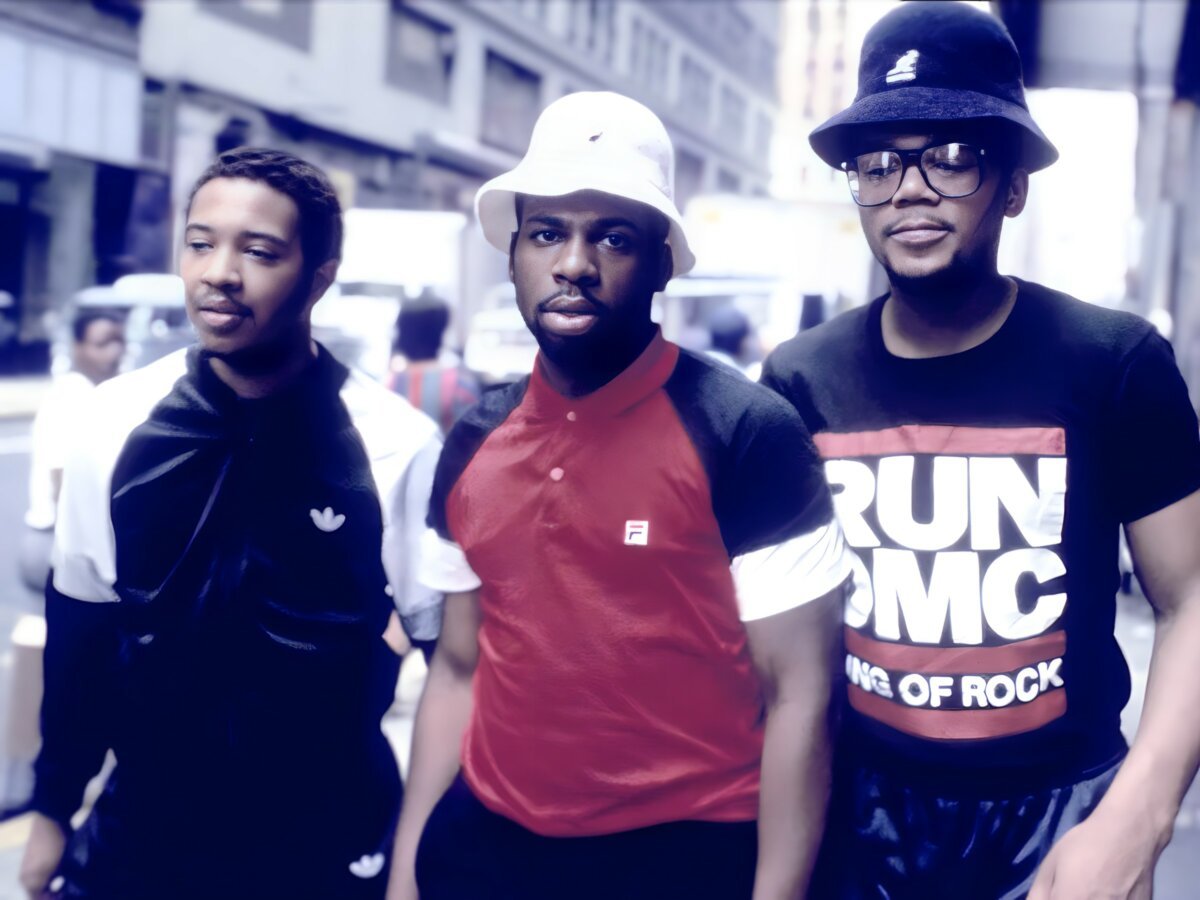
No era of hip-hop has been exactly kind to the originators of the game. As much as Run-DMC may have started the golden age of the genre and helped introduce everything that most people take for granted today, there was no way that their brand of Adidas-clad old-school rap was going to have a spot next to the likes of Tupac and Biggie in the 1990s. Their choice to move towards New Jack Swing may have been ill-advised, but ‘Rock Show’ was the massive swing for the fences that they never recovered from.
But it’s not like they didn’t have good reason to think this would work. This was the golden age of rap-rock, where everyone was pulling from their playbook, so working with the biggest names in the genre should have worked. But rather than get someone like Jonathan Davis or even Kid Rock on the lead single, giving Stephen Jenkins of Third Eye Blind a piece of the action is the worst substitute for Aerosmith they could have asked for.
‘Semi-Charmed Life’ may have been inescapable, but with the detuned guitars and Run quoting verses from ‘It Takes Two’, this is the equivalent of asking a bunch of dads what they think a cool rap-rock band is supposed to sound like. And considering DMC couldn’t even bring himself to rap on most of the accompanying album, it’s no big secret that the ‘Kings of Rock’ had finally closed the chapter on their old-school style of hip-hop.
‘This is England’ – The Clash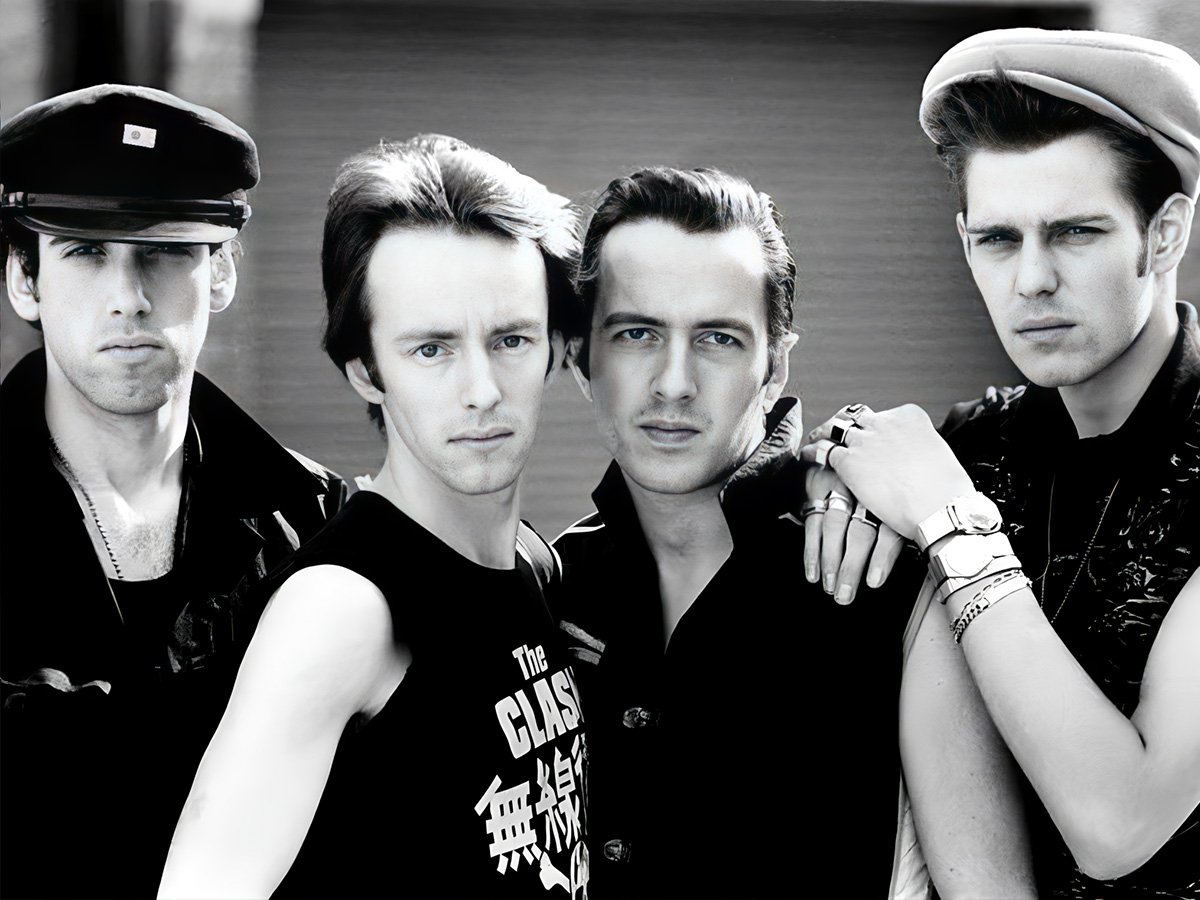
By the end of the 1970s, most rockers needed something to believe in again. The hype surrounding bands like Led Zeppelin had become far too big for people to deal with, and when the punk revolution came, it was like the next generation got their own rebirth of rock and roll. But while the Sex Pistols were almost expected to end in a blaze of glory, the first major wave of punk was dead and gone by the time The Clash called it a day.
Looking at their status at the time, though, the 1980s should have been their moment to conquer. They had finally gone from being rebellious figures brandishing guitars to pop superstars on ‘Rock the Casbah’, but after firing Mick Jones, Joe Strummer was trying to steer the band into territory they had no business being in on Cut the Crap, to the point where half the songs don’t even scan properly as Clash tunes like ‘We Are the Clash’ and ‘Fingerpoppin’.
So while ‘This is England’ does offer a pleasant respite by being the one good song on the record, it’s hard to listen to Strummer sing on this song and not get a little bit choked up. They were ready to ride off into the sunset when the decade started, and now that same punk heavyweight was walking through town with his motorcycle jacket on, wondering where everything went wrong.
‘Shock to the System’ – Billy Idol
It’s a bold claim for someone to want to create an entire genre from the ground up. Black Sabbath never tried to be the founders of heavy metal when they started, and it’s hard to believe that David Bowie intended to be the leader of a new generation of post-rockers when working on Low. It was all about trying new things, but Billy Idol holds the distinction of beginning and ending his subgenre with the same song.
While Idol’s schtick might not have worked in the era of Pearl Jam, his idea to swing for the fences with Cyberpunk was at least a novel idea. U2 had done a great job at adapting to the 1990s by bringing in electronic elements, but whereas there was a tongue-in-cheek humour to Bono’s posturing, you can tell that Idol is putting everything he has into making sure that he looks like the coolest person in the world with ‘Shock to the System’.
The link to the then-recent LA riots was bad enough, but by bringing in different rave elements into the mix on the rest of the record, Idol went from being the epitome of cool to the kind of shady figure that you’d see on a Boardwalk looking to sell cryptocurrency. He may have had a small point about people using technology to make music in the future, but this kind of music only comes from someone who watched Blade Runner a few too many times.
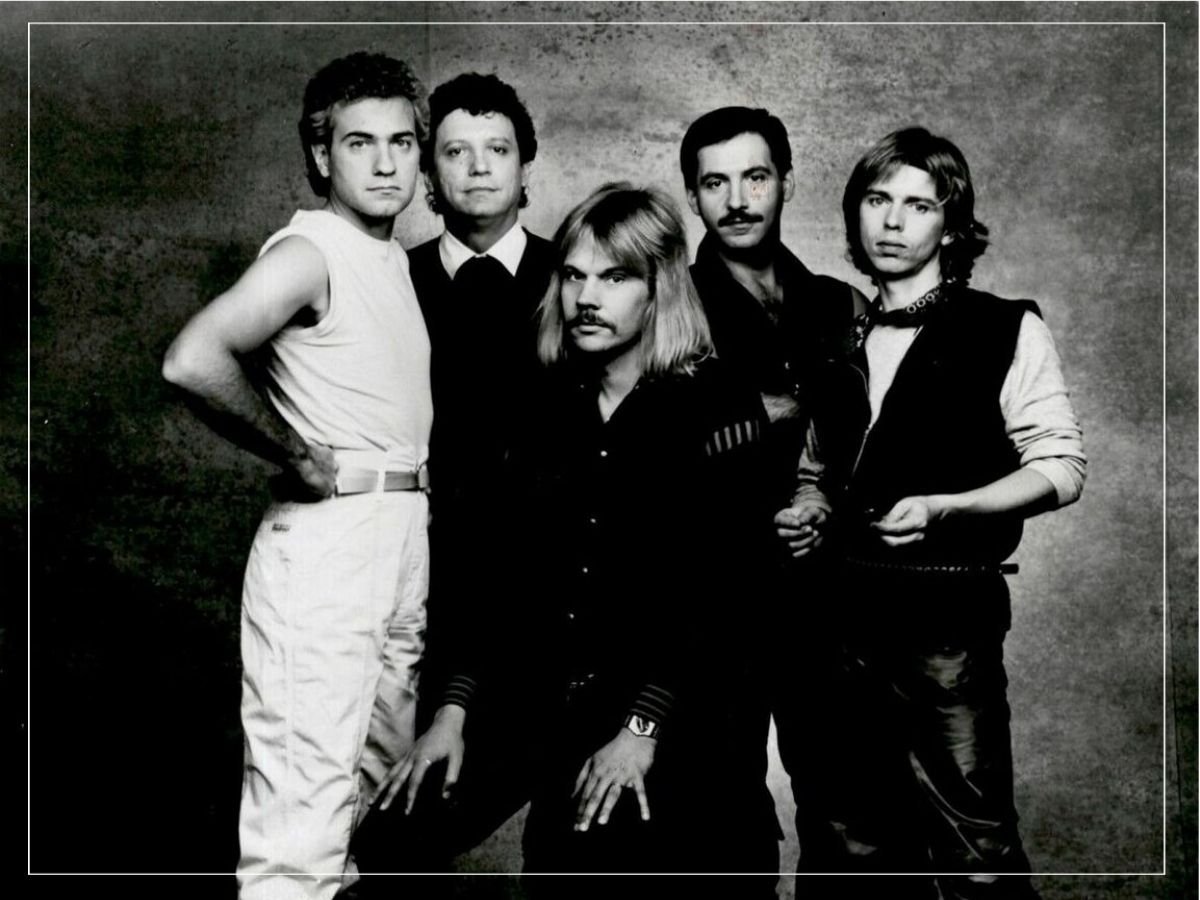
By the end of the 1970s, it was clear that progressive rock needed to die or go somewhere else. The era of Emerson, Lake and Palmer and Yes was already considered a joke when Johnny Rotten started spouting off about them, but the MTV generation was extremely generous to those willing to change with the times, like Rush and Genesis. But for a band that was divisive even at their very best, Styx unintentionally dug their genre’s coffin with Kilroy Was Here.
Despite every record from prog’s glory years being a conceptual masterpiece, Dennis DeYoung’s idea of one man’s quest to save rock and roll from inside a robot jail cell was too stupid to be taken seriously. Even if the song was played completely straight, there’s a good chance this still wouldn’t have worked, what with the synthesised sections clashing with DeYoung’s shrill high voice cutting through the mix in the worst way possible.
There are pieces of the album that would have worked as a normal Styx album, but since the rest of the world quickly washed their hands of the multi-part suites, this was the genre’s last gasp for relevancy. And considering Phil Collins was already making waves as a solo artist around this time, it was clear that people had to look at this album and move in the opposite direction if they wanted to stay relevant.
‘Hurt’ – Johnny Cash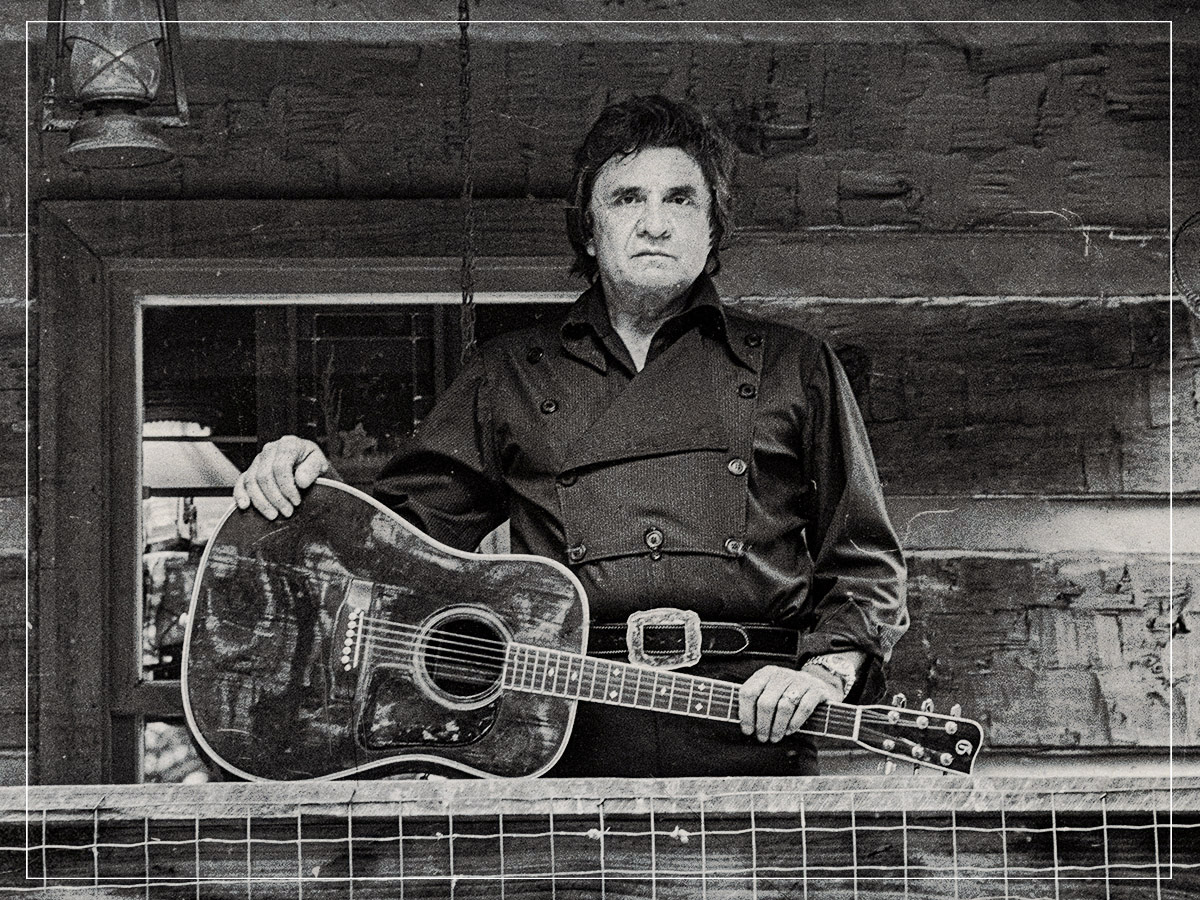
No matter what comes and goes on the charts, country music never goes anywhere. The Nashville scene has always been fairly insular before the Billboard charts became a thing, and by the time people do away with the normal means of listening to music, there will always be people in cowboy hats strumming away on tunes about how they got their hearts broken. But the idea of the wayward outlaw only seemed fitting to end with one of its legends bowing out for the final time.
While Johnny Cash had already been known as a living legend since the 1980s, his collaborations with Rick Rubin were the moments when people started to realise the genius he could be with the right song. But when everyone heard ‘Hurt’, though, they knew exactly what it meant. It might not have been his song, but this was Cash’s way of closing the book on those years of being a modern outlaw, with a tune that seeks to repent for all of the wrongdoing he caused back in his time.
There are many people who have tried to keep the genre going in specific spaces like Sturgill Simpson and Chris Stapleton, but this song is where every guitar-slinging troubadour hopes to end up. Because no matter how much hell they raise during their time in the limelight, they will always be down on their knees praying for a chance to right every wrong they have made over those long years on the run.
‘All Around the World’ – Oasis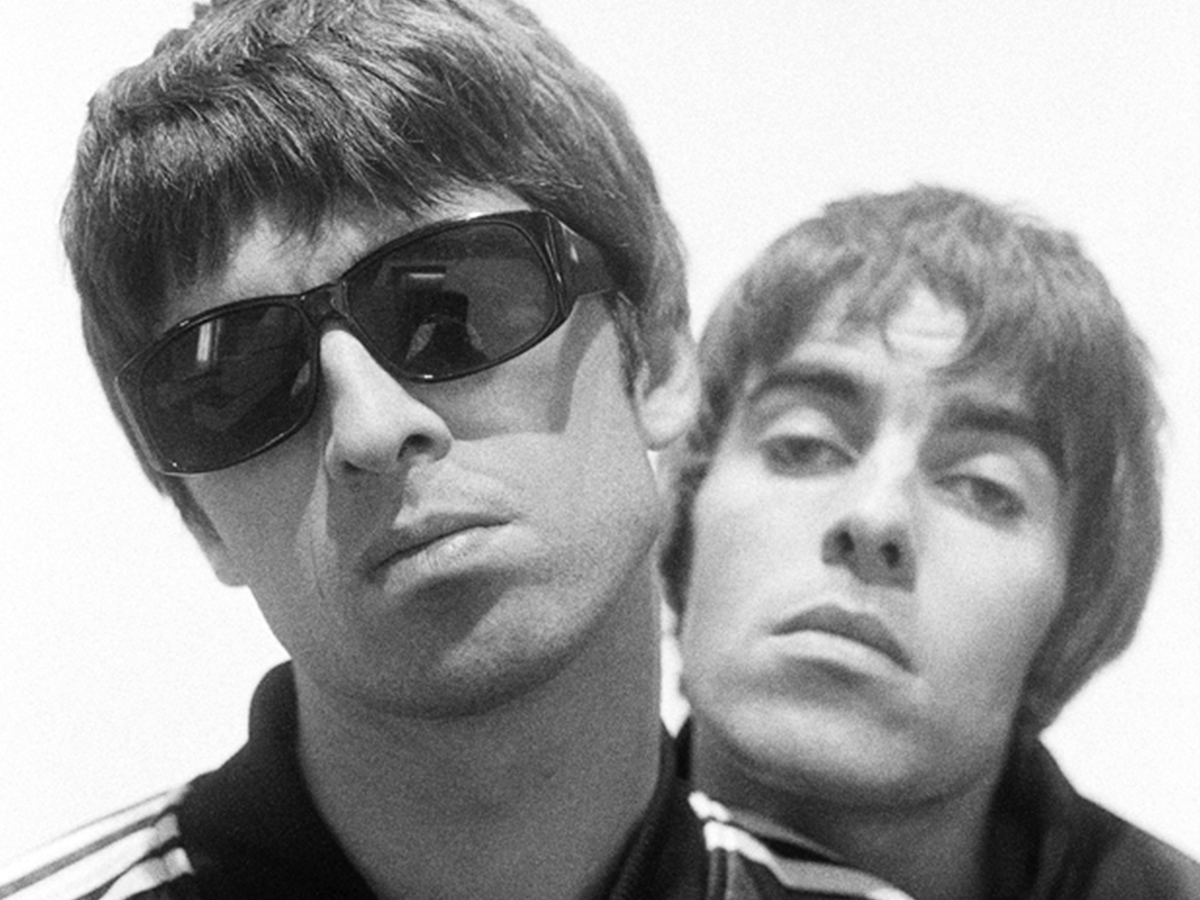
By the time grunge faded away, Britpop felt like the next logical conclusion. The last few years had been nothing but depressing when it came to the charts, and not only did Oasis make everything feel exciting again, but they also did it by making tunes that could stand side-by-side with the legends from the 1970s. Although Noel Gallagher had no problem calling himself a legend at this point, ‘All Around the World’ became the unintentional epitaph for what the genre’s golden age was.
While Noel had said numerous times that he intended for Oasis to split after three albums, Be Here Now wasn’t the fireworks show that most people expected. Working with 96 tracks on the mixing console was a novel idea at first, but by the time his magnum opus began stretching out to nearly ten minutes, it was enough for people to think that Noel was more than a little bit high on his own ego.
And given the fact that most of the biggest names in the genre had said their piece by this time, hearing those footsteps closing out the reprise of the song at the end of the album spoke volumes. Because, really, this was the moment where Noel wasn’t only shutting the door on Oasis’s legacy. He was closing the door on the band’s classic period for good.
‘Funkytown’ – Lipps Inc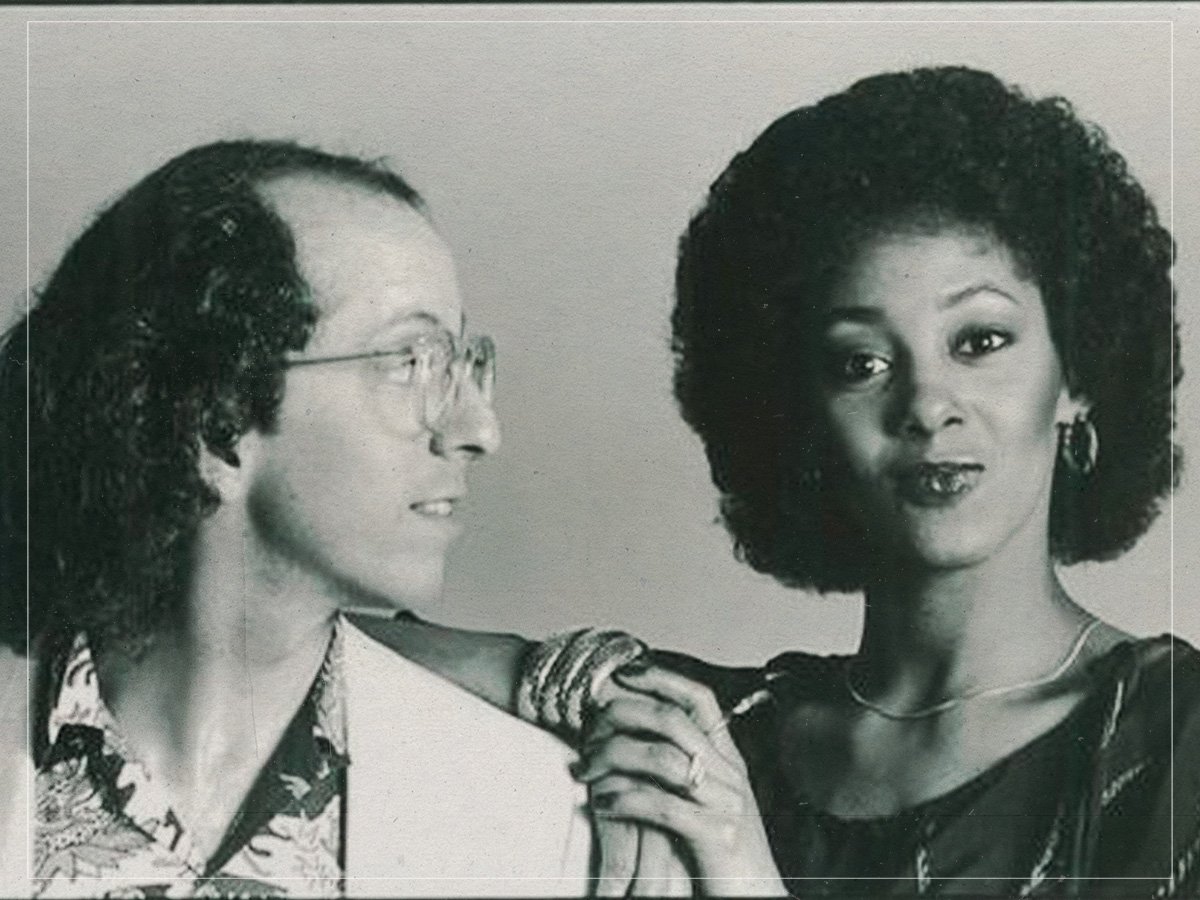
Has there ever been a genre more loved and reviled at the same time than disco? As much as the genre was fun for its time and wasn’t hurting anybody, you would have thought it was the absolute death of music if you heard what any rocker from around the same time had to say. While the remnants of the genre were officially dead and gone by the time 1980 began, ‘Funkytown’ at least gave people one last dance party before everything came crashing down.
Then again, Lipps Inc. are far from the greatest ambassadors for the genre. While Donna Summer had incredible tunes back in the day, this is the kind of tune that’s catchy to a fault, to the point where every single hook will either be one of the best things you’ve ever heard or sound like nails on a chalkboard after a while. But the real blessing is what happened once the song got famous.
Since this was one of the first major success stories coming out of Minneapolis, Prince was determined to outdo Lipps Inc. at their own game and eventually transformed himself into the musical god we know and love today. There was no way disco would be showing its face after this, but it’s hardly something to complain about when it helped give way to one of the greatest entertainers of all time.
‘Sympathy for the Devil’ – The Rolling Stones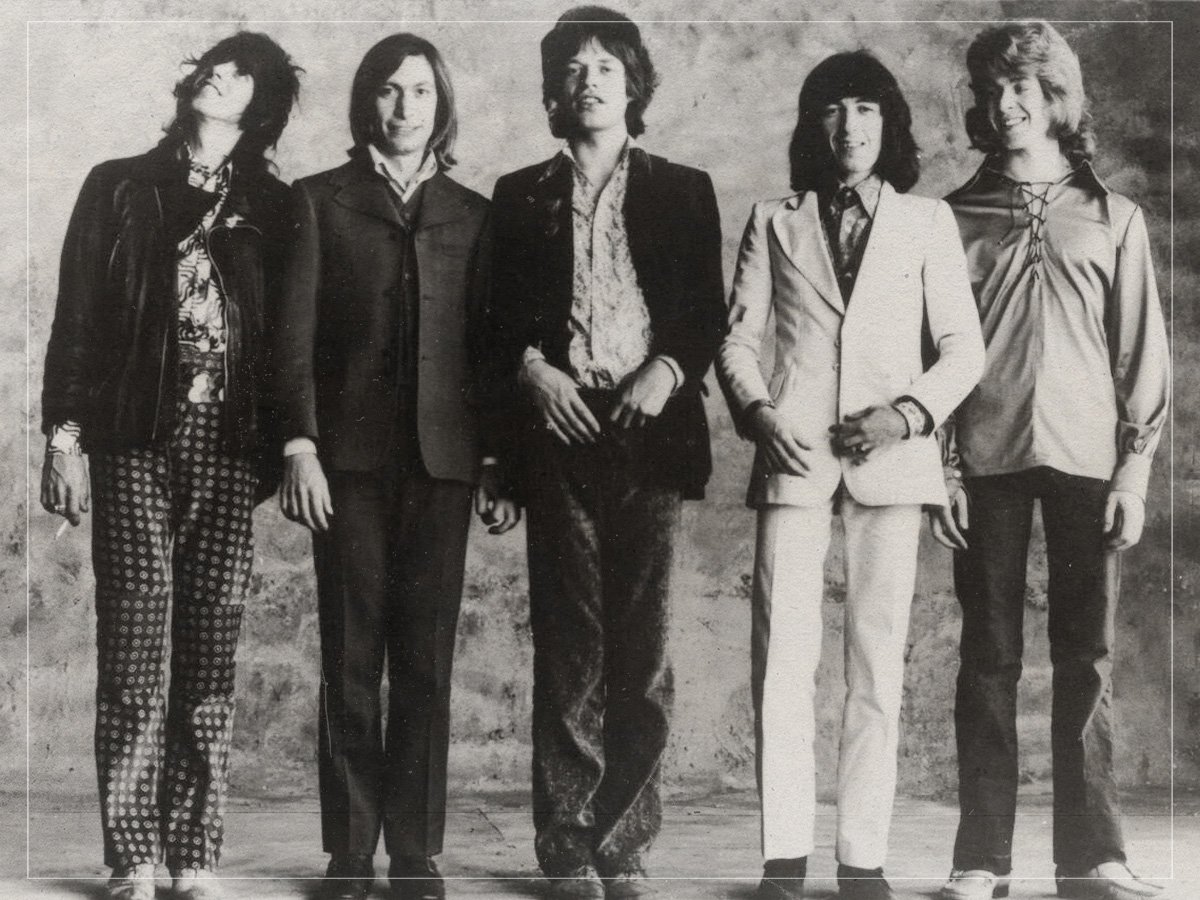
Right as the Summer of Love was beginning, The Rolling Stones were still considered dangerous by rock standards. Their Satanic Majesties Request was their own attempt at trying to blend in amongst the hippies, but given how most of them look back on the record with disdain, it’s not like they were fooling anybody. They were still the bluesmen everyone knew and loved, but their introduction to their classic period also came at the expense of the Love generation once ‘Sympathy for the Devil’ was played live.
Outside of the connections to Lucifer, the song would forever live in infamy for what happened when they performed it at Altamont. The idea of making a version of Woodstock for Los Angeles seemed like a good idea, but after Meredith Hunter was stabbed and murdered by one of the Hell’s Angels, who was being paid as security, everyone knew that the idyllic version of peace and love had officially jumped the shark.
There were still people willing to make something that sounded a little bit trippy, but any sense of creating utopia in the middle of a rock and roll concert ended the minute the music stopped on that stage. This was all about trying to give peace a chance and putting flowers into guns, but the fact that the scene ended with someone losing their life was enough for everyone to wake up and see what was really going on.
‘Smells Like Teen Spirit’ – Nirvana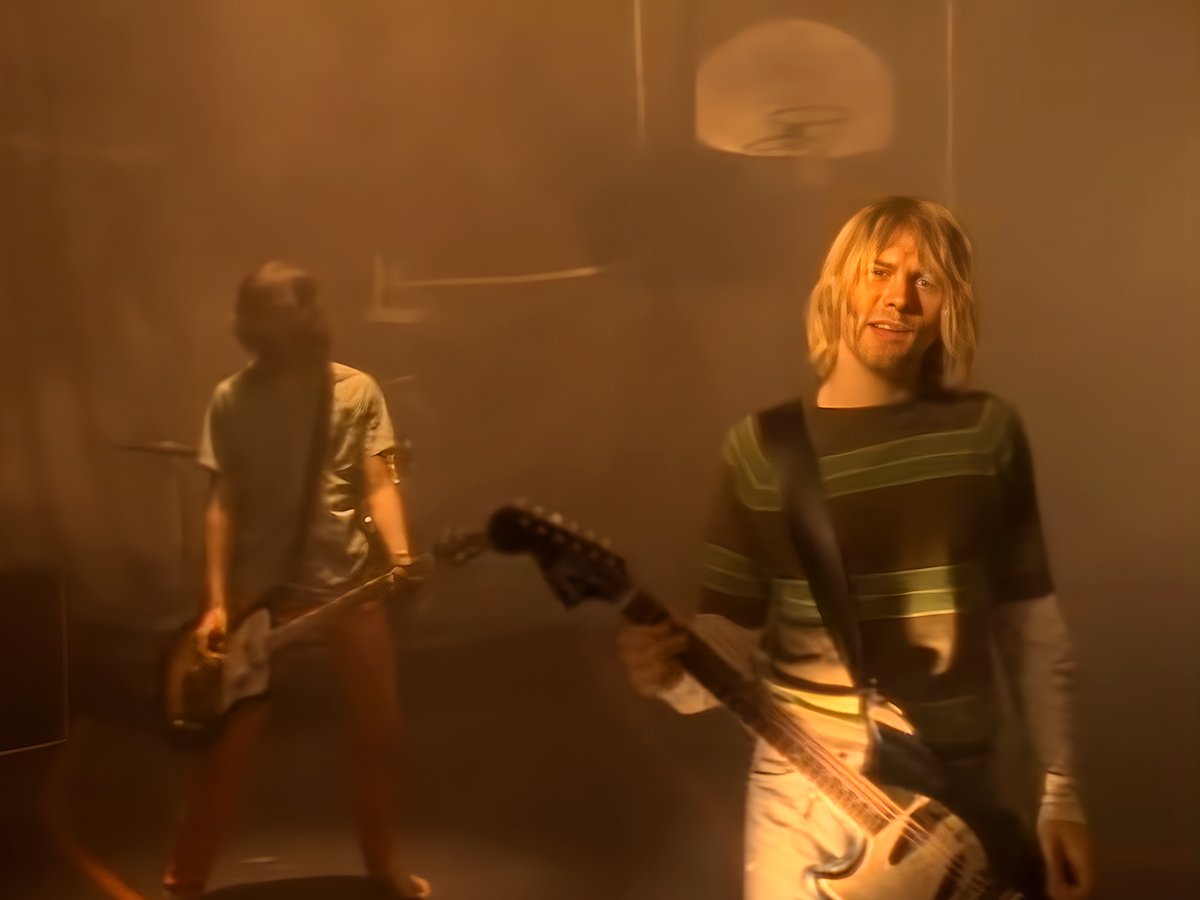
Kurt Cobain never once claimed to be the leader of a generation. He only wanted to play music that people could relate to, and as long as he had a fan base who could sing along to his tunes, that was good enough for him. But once the crowds started getting a bit bigger in Seattle, ‘Smells Like Teen Spirit’ lit the world on fire, and every band in Los Angeles was running scared as a result.
Although Guns N’ Roses helped separate the authentic players from the flashes in the pan in 1987, ‘Teen Spirit’ drove the stake through the heart of any hair metal band looking to make it. The Decline of Western Civilization already made them out to be sad drug addicts half the time, but whereas people could look back and laugh at that, Nirvana made everyone give a middle finger to bands like Warrant, start lacing up their Doc Marten boots, and pulling their guitars out of their closets again.
Nirvana should be commended for bringing rock and roll to the forefront again, but it also taught people a valuable lesson about why they should get into the music business. There were a lot of would-be rockstars looking to pick up a guitar only for the sex and drugs, but as fate would soon show, if you didn’t have any artistic goal behind it, you were in the industry for all the wrong reasons.
‘Break Stuff’ – Limp Bizkit
As the 1990s came to a close, it felt like everyone had that same sense of euphoria that the mid-1980s had. Suddenly, people were getting used to neon colours coating MTV again, and after grunge came and went, nu-metal acts like Limp Bizkit were more than happy to strut their stuff across every television station while talking about their problems. But when someone builds their reputation out of being one of the whiniest frontmen of all time, it’s not shocking when it ends poorly.
Then again, Fred Durst wasn’t going into Woodstock 1999 thinking that nu-metal would end right there on that field. He wanted to have an amazing time, but midway through the song ‘Break Stuff’, all of the toxic elements of concert etiquette came out, whether that was men assaulting women in the crowd, people storming into the grandstands and destroying everything in sight, or dismantling pieces of the stage as Durst was playing.
While Durst was none the wiser when he performed, it suddenly looked like all that whining he was doing on record was far more shallow than anyone would have given him credit for. He only wanted to get paid at the end of the day, and once everyone else was left to pick up the pieces, people like Tom Morello were only left wondering what the hell the genre had done to deserve this kind of fate.
